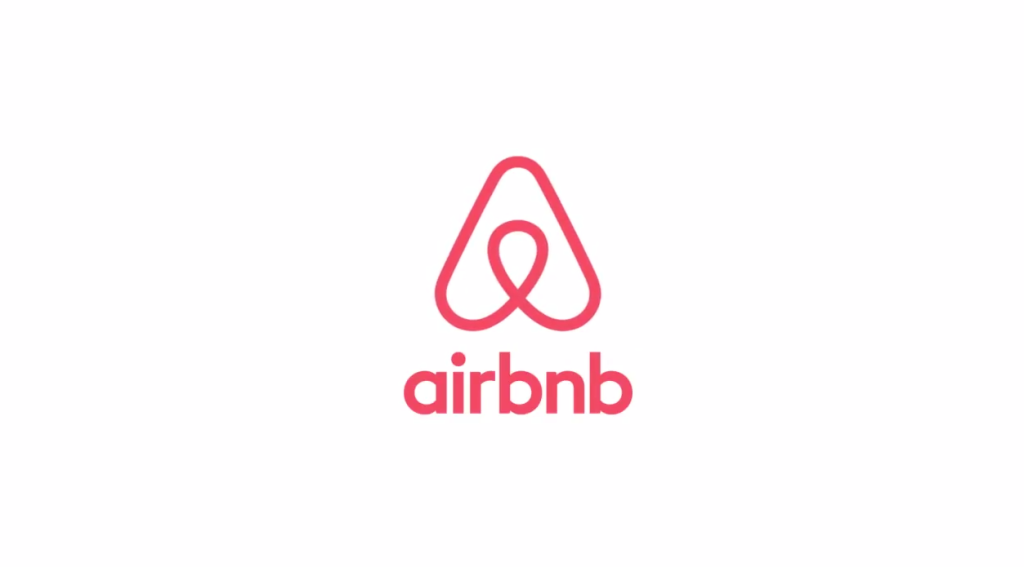Airbnb’s release of anonymized data about people who use its site to rent their property ‘will give New York City the necessary information to craft needed regulations and to enforce them’ while still protecting privacy, Consumer Watchdog said.
The nonprofit, nonpartisan public interest group stated its position in a letter to City Council Members Helen Rosenthal and Jumaane Williams, who had written an opinion piece for the New York Daily News calling for Airbnb to turn over detailed personal information including names, addresses and IP addresses of people using the home-sharing platform to rent their property.
“People using home sharing sites to offer accommodations should follow zoning laws and pay their taxes. However, the blunt approach to enforcement you have proposed is a slippery slope and a significant threat to privacy,” wrote John M. Simpson, Consumer Watchdog’s Privacy Project Director.
“Airbnb’s plan to release anonymized data about its New York operation strikes the right balance between protecting privacy and providing insight into how Airbnb impacts the city. It should provide sufficient information for regulators to initiate enforcement action in the cases where it is necessary.”
Read Consumer Watchdog’s letter to the City Council Members here:
www.consumerwatchdog.org/resources/ltrairbnb120115.pdf
Consumer Watchdog said Airbnb’s plan to release anonymized data will give important insight into such matters as the number and type of units offered, the rent charged, the number of nights offered and the number of listings per host. From the anonymized data city officials and regulators should be able to gain an understanding of how Airbnb works in New York. Importantly, regulators should be able to identify those anonymized records showing indications of possible violations of city code, the group said:
“Regulators could then seek detailed information about those specific individual records with a subpoena to Airbnb,” wrote Simpson. “Rather than a massive data dump that wrongfully invades New Yorkers’ right to privacy, likely violators could be targeted for enforcement action after the pertinent individual records were obtained with a subpoena.”
Read rest of article at: 4hoteliers





